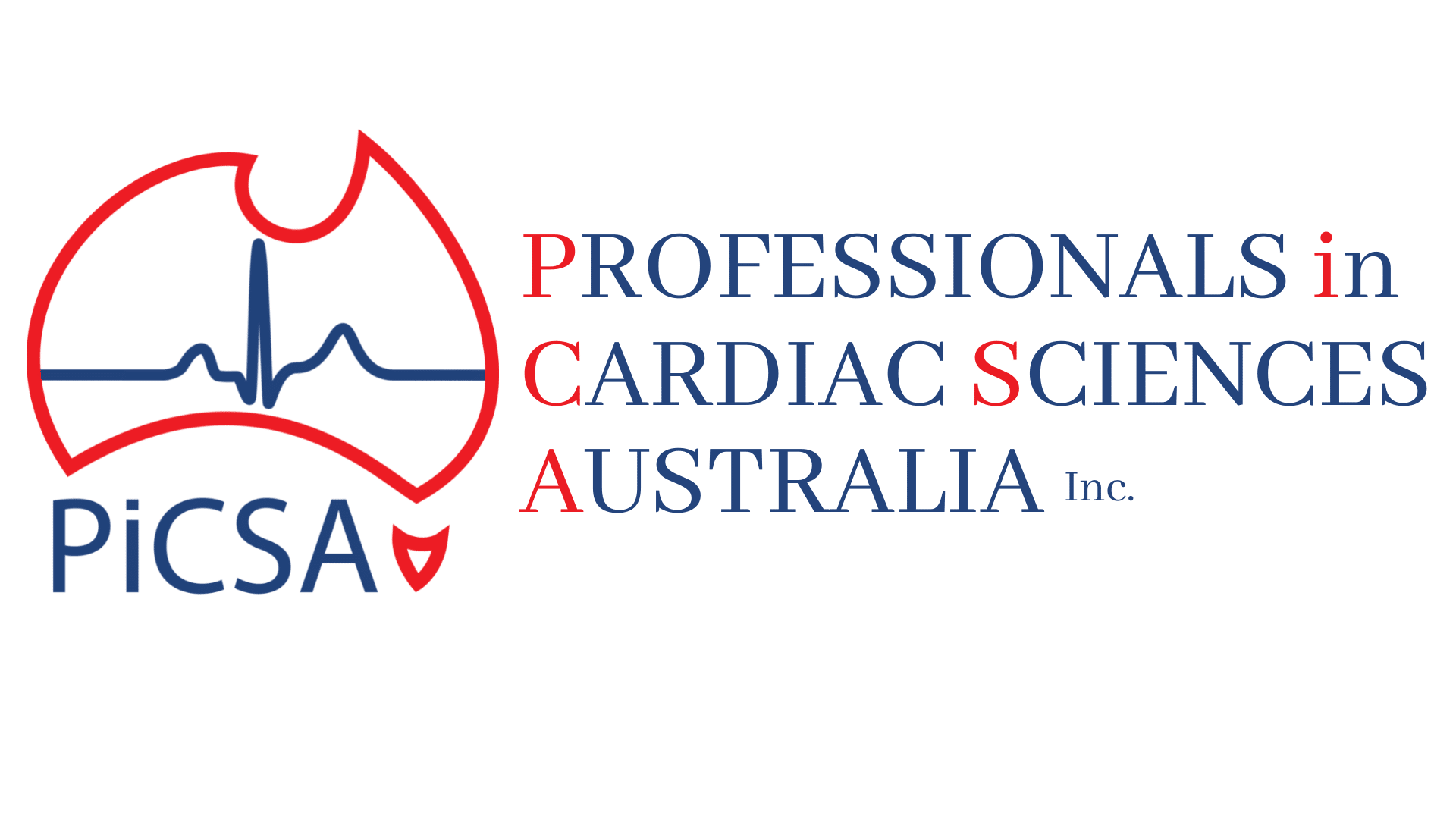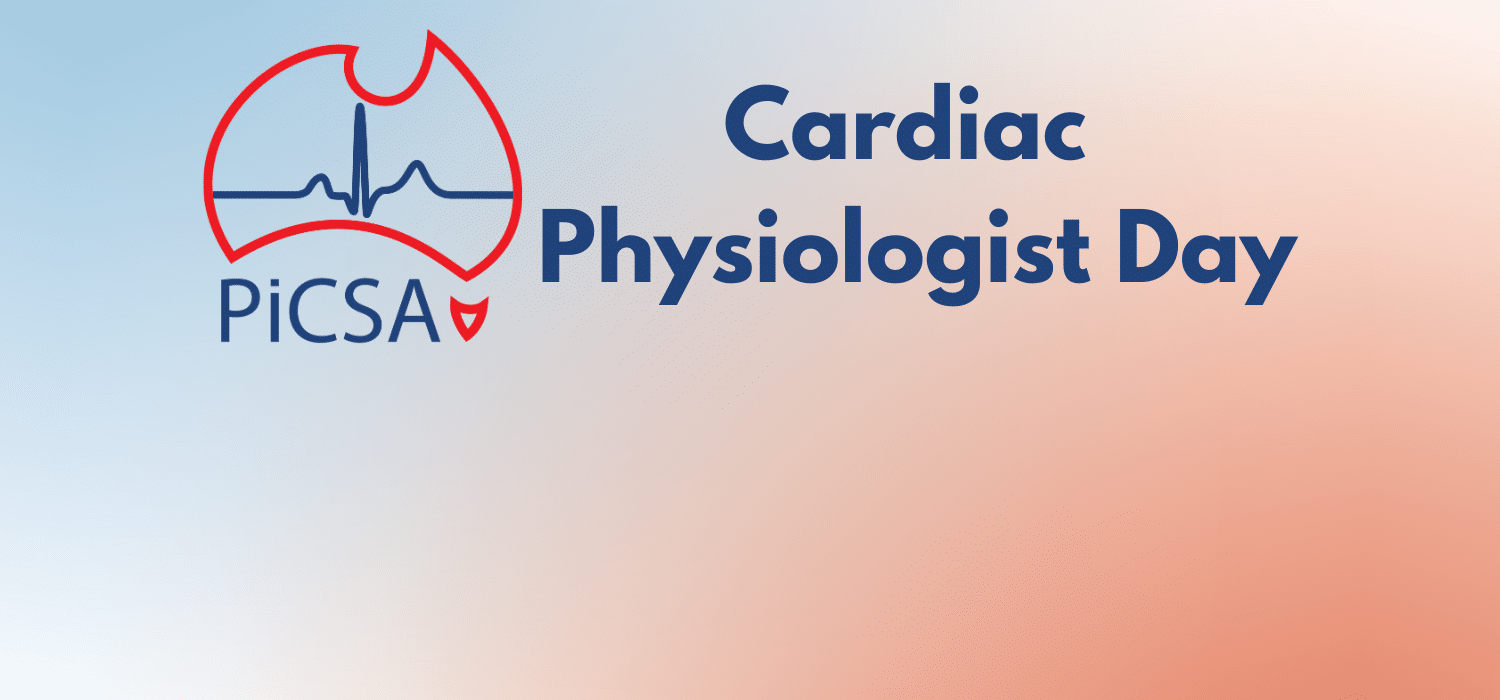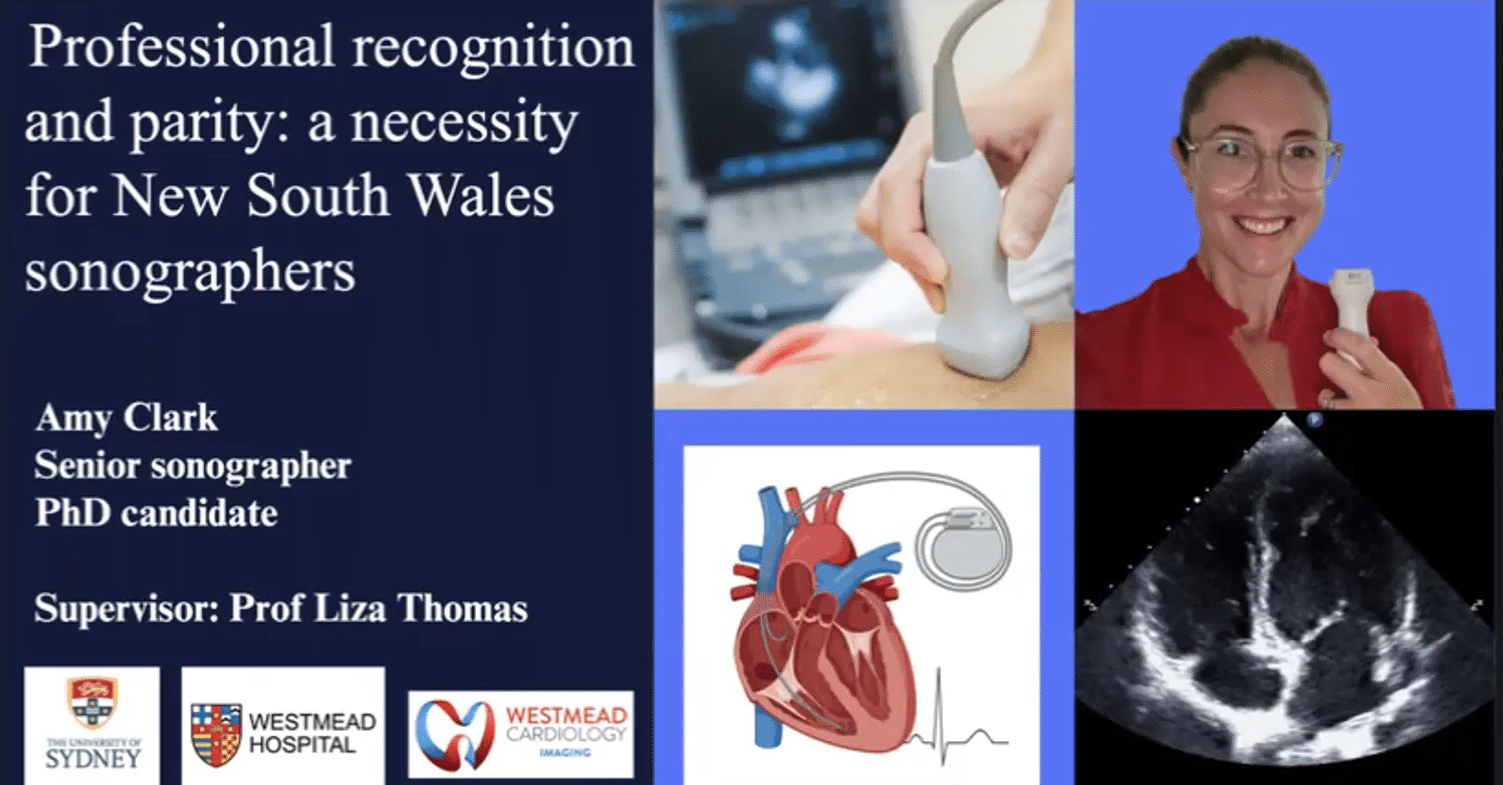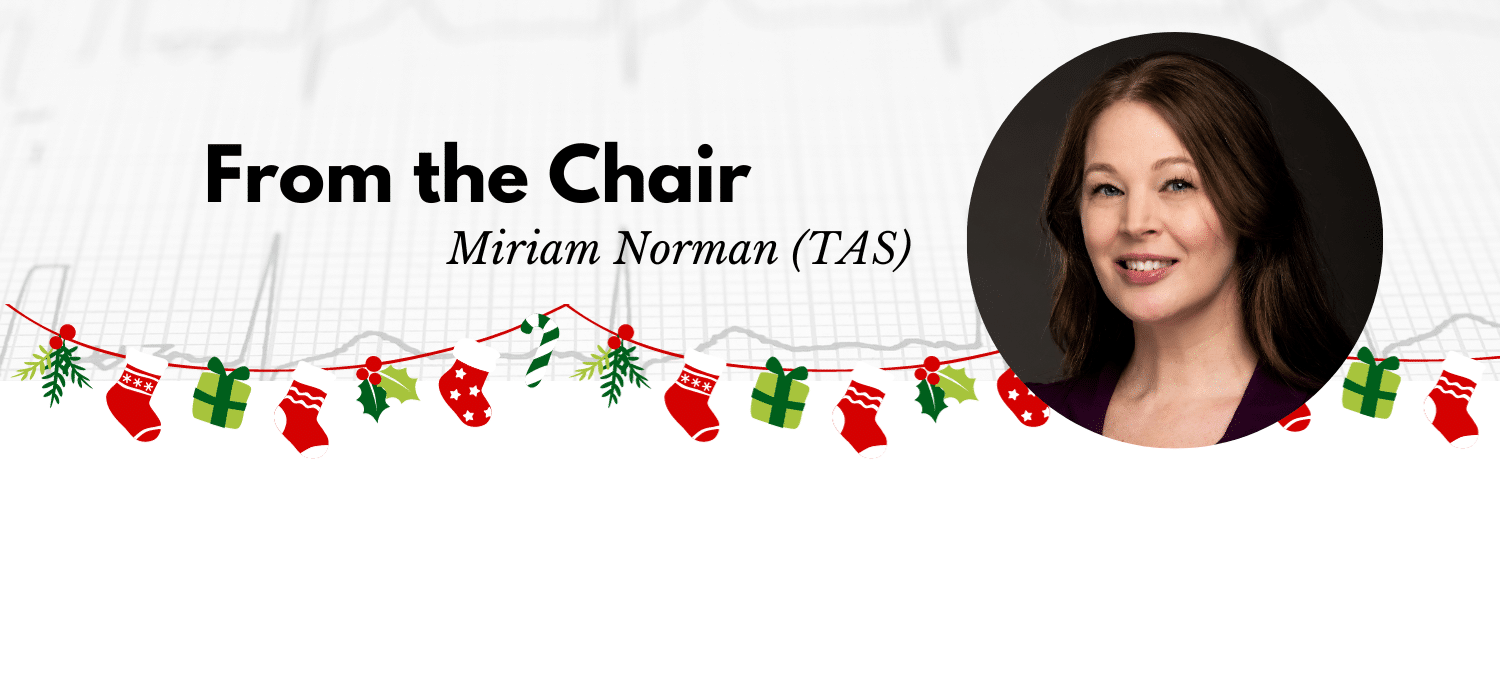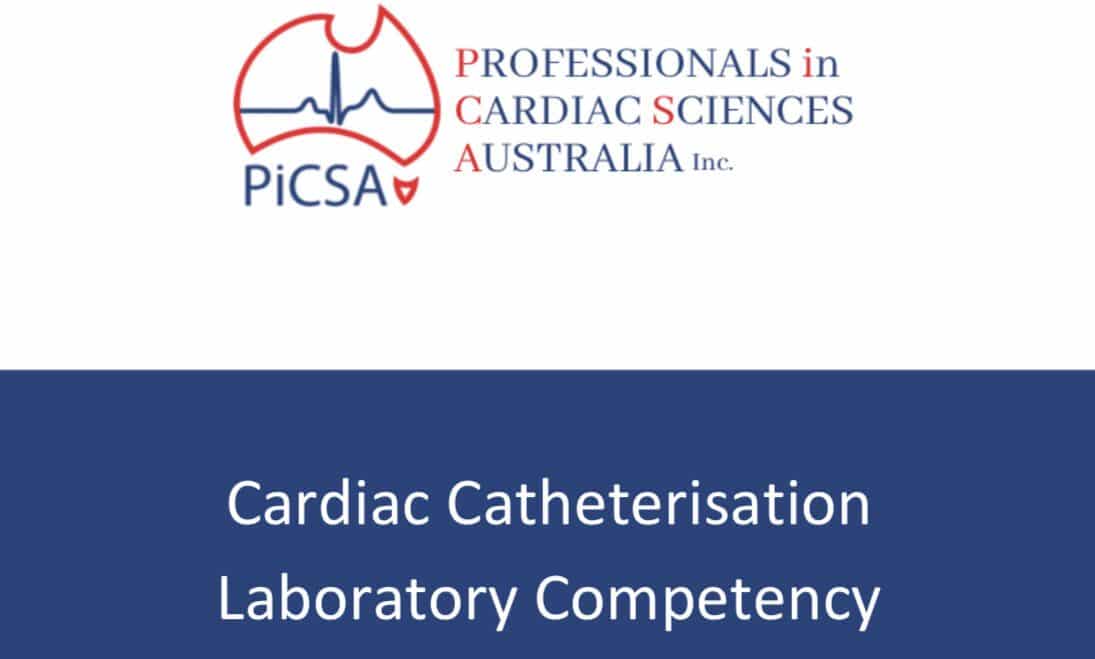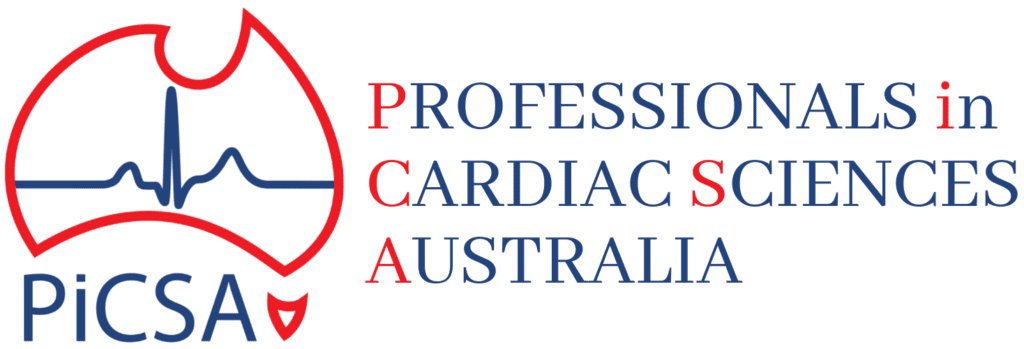I hope your year has started out strong. We are a little late getting out our “summer” newsletter, but we are excited to bring you important news on 4 fronts:
Position statement: We are thrilled to announce the newly revised position statement from PiCSA: “Australian Guidelines for Entry and Practice in the Field of Cardiac Physiology.”
The Cardiac Physiology profession plays a critical role in diagnosing and treating heart conditions, yet standardised recommendations for qualification, certification, registration, accreditation, and remuneration have been lacking. Our position statement aims to address these gaps by defining governance structures, career pathways, and recommendations for stakeholders within our profession.
Building on the foundation of our earlier version, we have created a pivotal document to help shape the future of our profession. It contains recommendations relevant to Government agencies, employers, unions, and Cardiac Physiologists at all stages of their career. You can read the full document here. Our Summer newsletter contains a commentary on the associated costs of becoming a Cardiac Physiologist, which makes an interesting and valuable companion document to the position statement.
CIED Course: BIG news coming for Cardiac Device Physiologists
As stated in the 2022 Cardiac Society of Australia and New Zealand (CSANZ) Position Statement on
the Follow-Up of Cardiovascular Implantable Electronic Devices, Australia currently lacks an affordable, locally accessible, and nationally recognised postgraduate training program for Cardiac Device Physiologists. There are many highly accomplished Cardiac Device Physiologists who have achieved excellency through self-directed learning, workplace-based training and international examinations, but there is a recognised need for a standardised, supported curriculum for the future workforce.
PiCSA is working towards a solution, but unfortunately, we can’t make an announcement just yet.
Employer and student support of future training programs will be pivotal.
– if you want to express your interest or be involved in the discussion, please reach out to me at chair@picsa.org.au
NSW Echo: Cardiac Echo in the public sector wants better recognition and pay
The Health Services Union is actively addressing an ongoing pay disparity between sonographers with and without radiography qualifications, a move that benefits the broader Sonography profession, including Echo Physiology/Cardiac Sonography (where a tertiary foundation in physiology is common).
While this initiative may not immediately impact Cardiac Physiologists in other practice modalities, it signifies a positive step forward. PiCSA remains proactive in engaging with governmental bodies and unions to advocate for the interests of Cardiac Physiologists across all specialties. Our updated position statement, “Australian Guidelines for Entry and Practice in the Field of Cardiac Physiology,” serves as a crucial framework for future policy discussions and potential industrial actions.
Representation within ASAR
Huge congratulations to both Bianca Coelho and Ashley Mattson on their appointment to the Australian Sonographer Accreditation Registry (ASAR) pool of course assessors! Now Cardiac Physiology will be better represented in determining the standards of sonographer education. You can read more about Bianca and Ashley in the current newsletter.
The PiCSA board has also been busy planning our education activities for 2024. Thank you to Luke Shanahan, Prof Kuljit Singh and the Gold Coast University Hospital for kicking off our first session for the year. If you want to volunteer to present, or to write for PiCSA in 2024, please reach out to secretary@picsa.org.au.
Thank you for your ongoing support and commitment to elevating the Cardiac Physiology profession. Together, we can drive positive change and ensure excellence in patient care.
Warm regards,
Miriam
